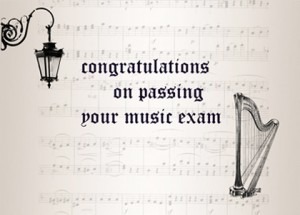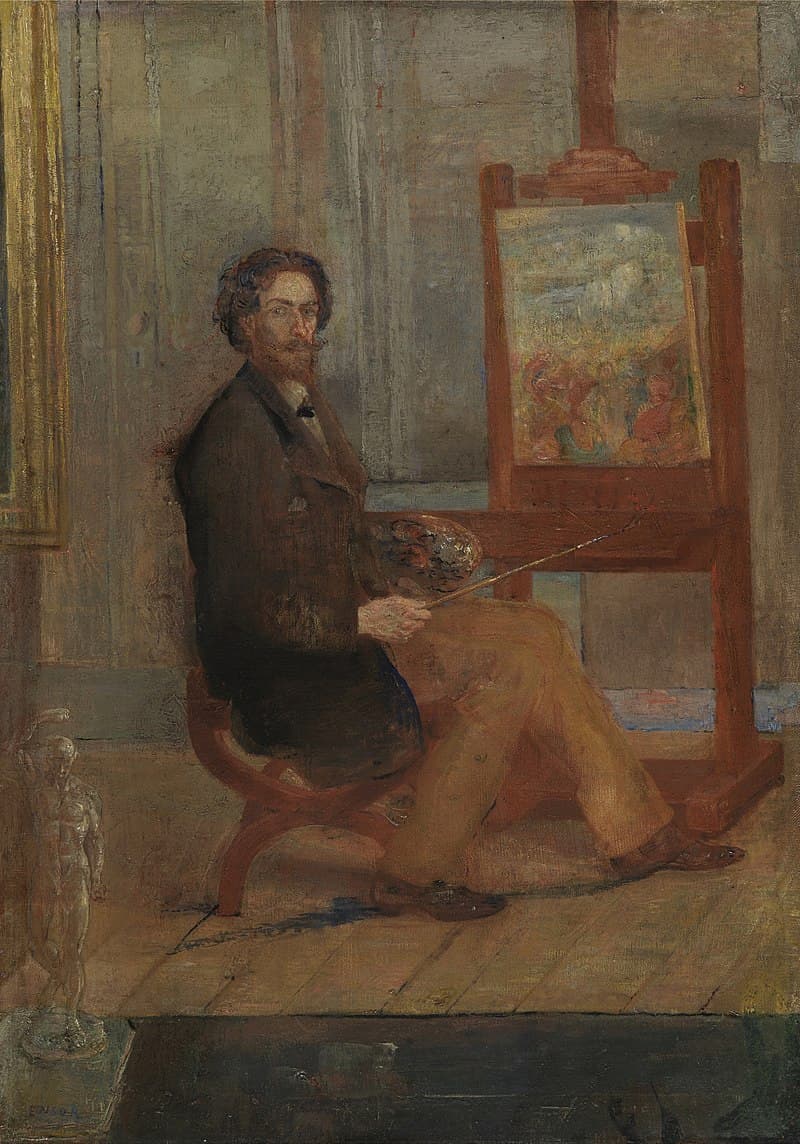 In the society of Hong Kong, keen competition could be found anywhere and everywhere. From getting an empty seat on public transport, to climbing up the social ladder, people have to fight hard for their own benefits. And in recent years, this trend has spread from the cruel world of adults to the supposed-to-be-lighthearted lives of children. In order to fulfill the often-too-high anticipation from their parents and become “the cream of the crop”, youngsters nowadays are forced to pack their schedules with extra-curricular activities, and playing music instruments is a “must” on the list.
In the society of Hong Kong, keen competition could be found anywhere and everywhere. From getting an empty seat on public transport, to climbing up the social ladder, people have to fight hard for their own benefits. And in recent years, this trend has spread from the cruel world of adults to the supposed-to-be-lighthearted lives of children. In order to fulfill the often-too-high anticipation from their parents and become “the cream of the crop”, youngsters nowadays are forced to pack their schedules with extra-curricular activities, and playing music instruments is a “must” on the list.
Isn’t it a good way to promote classical music among our younger generation? Well, very unfortunately, only the reverse is the case. The reason is that these children are not simply taking piano or violin classes once a week; rather, the main focus is to take the exams, from Grade 1 to Grade 8, from ATCL to FTCL. Year by year, youngsters are obliged to learn nothing except the assigned pieces, the scales and arpeggios, and apart from these, their repertoires are simply pale and blank, to the extent that a student who has passed the Grade 8 piano exam could have never studied the Beethoven sonatas, nor the great works by J. S. Bach, not to mention anything from Chopin or Debussy. To these pupils, music is not something beautiful or enjoyable, but merely a heavy burden that they desperately desire to lift. After the painful periods of redundant trainings for the assessments, they would just leave everything related to music behind. The original wish from the parents that their children, who have been “well taught” and have reached the “highest level” in the exams, could become musicians or at least “cultured” citizens, would never come true.
The consequence of compelling youngsters to take the exams is never difficult to be thought of. Haven’t they got enough tests and assessments in schools? How could children be glad and love what they are doing when everything in their lives, including music, is exam-oriented? The commentary from a netizen has pointed out the problem sharply: “today many local parents have been arranging the ‘best’ stuff for their dear sons and daughters, but they have never tried to understand what the little minds are thinking, nor have they cared whether the children are happy or not”. Ask how many genitors would consider the feelings and opinions of their babies about taking the music exams, and the truth could be revealed.
No wonder traces of youngsters could seldom be found in our concert halls. Under such a distorted phenomenon in which music is just a tool for “a better future”, how could the immense world of compositions be entered and be appreciated?
Photo credit: greetingcarduniverse.com
More this Category
-
 Interlude Wishes You Happy Holidays!
Interlude Wishes You Happy Holidays! -
 Manchester Camerata to Host the UK’s First Centre of Excellence for Music and Dementia "It's really changed how we view music and what it can do for people"
Manchester Camerata to Host the UK’s First Centre of Excellence for Music and Dementia "It's really changed how we view music and what it can do for people" -
 Musicians and Artists: Alpaerts and Ensor Inspirations Behind Flor Alpaerts: James Ensor Suite
Musicians and Artists: Alpaerts and Ensor Inspirations Behind Flor Alpaerts: James Ensor Suite -
 Cello Lament for The Sycamore Gap Tree Italian cellist and composer Riccardo Pes’ “Lament for the Tree”
Cello Lament for The Sycamore Gap Tree Italian cellist and composer Riccardo Pes’ “Lament for the Tree”





I couldn’t agree with you more about the state of music education in Hong Kong. I was one of those who went through all the piano exams, from grade 1, when I was 3 1/2 to LRSM, when I was 12. When I got my LRSM, my parents told me not to waste anymore time with music and concentrate on my studies. That mentality, even today, seems to be quite prevalent among Hong Kong, China and overseas Chinese.
I consider myself one of the very few lucky ones – I never stopped loving music, even thoughn I went through the grind of the exams. I credit it to 2 great music teacher who taught me the true appreciation and great love for classical music. Both our children took up violin when they were around 6. They never took any exam, yet both became concertmasters of the local youth orchestra. They also had a great violin teacher who not only taught them very good skills, but also a deep love for music.
What a shame if the children in Hong Kong are turned off from music because of some misguided notion of their parents. Someone should enlighten these parents that it is more difficult to become a mediocre musician than a good doctor, but a mediocre doctor will make more money than a good musician – assuming that making money is their prioroty in life. Then they would not “waste” their children time and their money in pursuing “useless” activity such as music. One exception is Lang Lang – he makes “music” and lots of money at the same time. Need I say more?